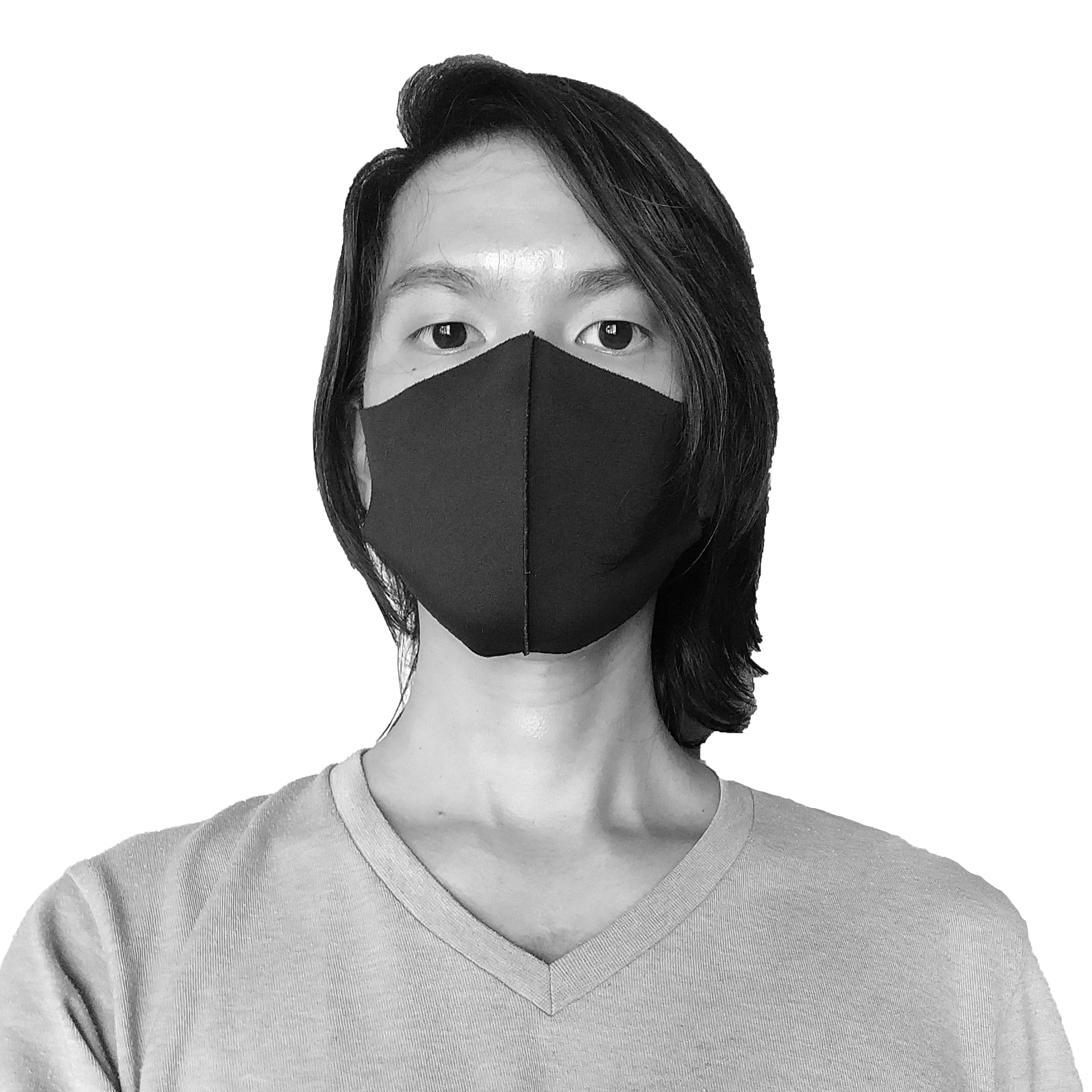HONG KONG—A Chinese billionaire exited his harborfront serviced apartment, rode the elevator down to the ground floor, walked through the front door of the luxury hotel where he lives, and promptly disappeared.For those in Hong Kong, and much of the rest of China, that meek description can bring chills. Xiao Jianhua, who lives in the Four Seasons Hotel in Hong Kong, was most recently seen in the building lobby of his glitzy residence on the eve of Chinese New Year, in the last week of January. Hong Kong’s South China Morning Post, once a newspaper of high repute that has been relegated to a dressed-up mouthpiece of the Chinese government, cited an anonymous source who claimed Xiao crossed into mainland China.That runs counter to the narrative on the front page of another Hong Kong newspaper, Ming Pao, where an ad placed in Xiao’s name claimed that the billionaire was overseas receiving medical treatment, and will meet with members of the press when he makes a full recovery and returns to the port city. In the same ad, Xiao or his imposter stated, “I think the Chinese government is an institution with a civilized rule of law! I am not in a situation where I have been kidnapped and taken back to mainland China.”There is a Chinese idiom: “There are no 300 taels of silver buried here.” It means that clumsy denials, poor lies, and conspicuous protests only give away what one is trying to hide.Forty-five-year-old Xiao Jianhua has worn many hats. At the age of 14, he was admitted to Peking University, where he became head of the student union. He swore allegiance to the ruling Chinese Communist Party (CCP), and stood against the 1989 demonstrations in Tiananmen Square that led to a crackdown by the state. Soon after, he started a business to sell personal computers in Beijing, targeting clients who lived or worked near his alma mater. Ten years after his classmates faced rolling tanks of the People’s Liberation Army in the heart of the capital, Xiao made his first bucket of gold in a computer-related business in Inner Mongolia.
But those ties he established as a student representative of the CCP were never severed. Officials recognized an intelligent spark in young Xiao. Whereas the Party’s princelings might be ham-fisted in flaunting their wealth or influence, Xiao liked to keep a low profile. The Financial Times aptly called him a bagman of the moneyed and powerful of China.
Weirdly, Xiao was also named ambassador-at-large for Antigua and Barbuda in 2015. This is perhaps a testament to the deals he sealed on behalf of Chinese clients, who at times hide their assets in the Caribbean. The US Department of State names Antigua and Barbuda as “a substantial offshore center which continues to be vulnerable to money laundering and other financial crimes.”
All of Xiao’s schemes paid off. By 2016, the man was one of the wealthiest in China, worth $6 billion. He currently owns multiple businesses that cross a myriad of sectors, including raw materials and chemical production, food product refinement, electronic component production, cement manufacturing, insurance, financial leasing, game and software development, and more.
Xiao is a Canadian citizen, which guarantees consular protection. He is also a permanent resident of Hong Kong, where the law and its execution differ from mainland China. The Party’s security service cannot legally operate in semi-autonomous Hong Kong. Also, Xiao apparently holds a diplomatic passport from Antigua and Barbuda, which means he enjoys diplomatic protection. None of that, however, has dissuaded whoever might be holding the multibillionaire captive. Xiao’s eight female bodyguards, in this case, offered no meaningful protection.
This is not the first time for a Chinese billionaire to seemingly fall off the face of the Earth. In December 2015, Guo Guangchang, the chairman of an international conglomerate and investment company, as well as a representative of the 12th Chinese People’s Political Consultative Conference, went missing for a few days but then resurfaced. His company issued a statement that said he assisted in investigations carried out by judicial authorities. Last year, Zhou Chengjian, a textile magnate and the chairman of one of China’s major fashion labels, disappeared after he was picked up by police.
Xiao stands out in that he has direct ties to the family of Chinese president Xi Jinping, whose anti-graft campaign has bagged many corrupt public servants, but has also been characterized as a means to purge Party members who do not fall in line with Xi’s doctrines. In 2014, Xiao admitted to The New York Times that he helped the Chinese president’s family “dispose of their assets when they were coming under scrutiny.” Since then, he has been living in self-exile in Hong Kong, cultivating his business interests from his harborfront serviced apartment. It is likely that Xiao will resurface in days or weeks, providing “alternative facts” to explain away why nobody has managed to get in touch with him. And then, he’ll fall in line, perhaps even trumpet the gospel of president Xi Jinping, who, if you’ll believe it, is the most serene, affable free market master our world will ever see.






